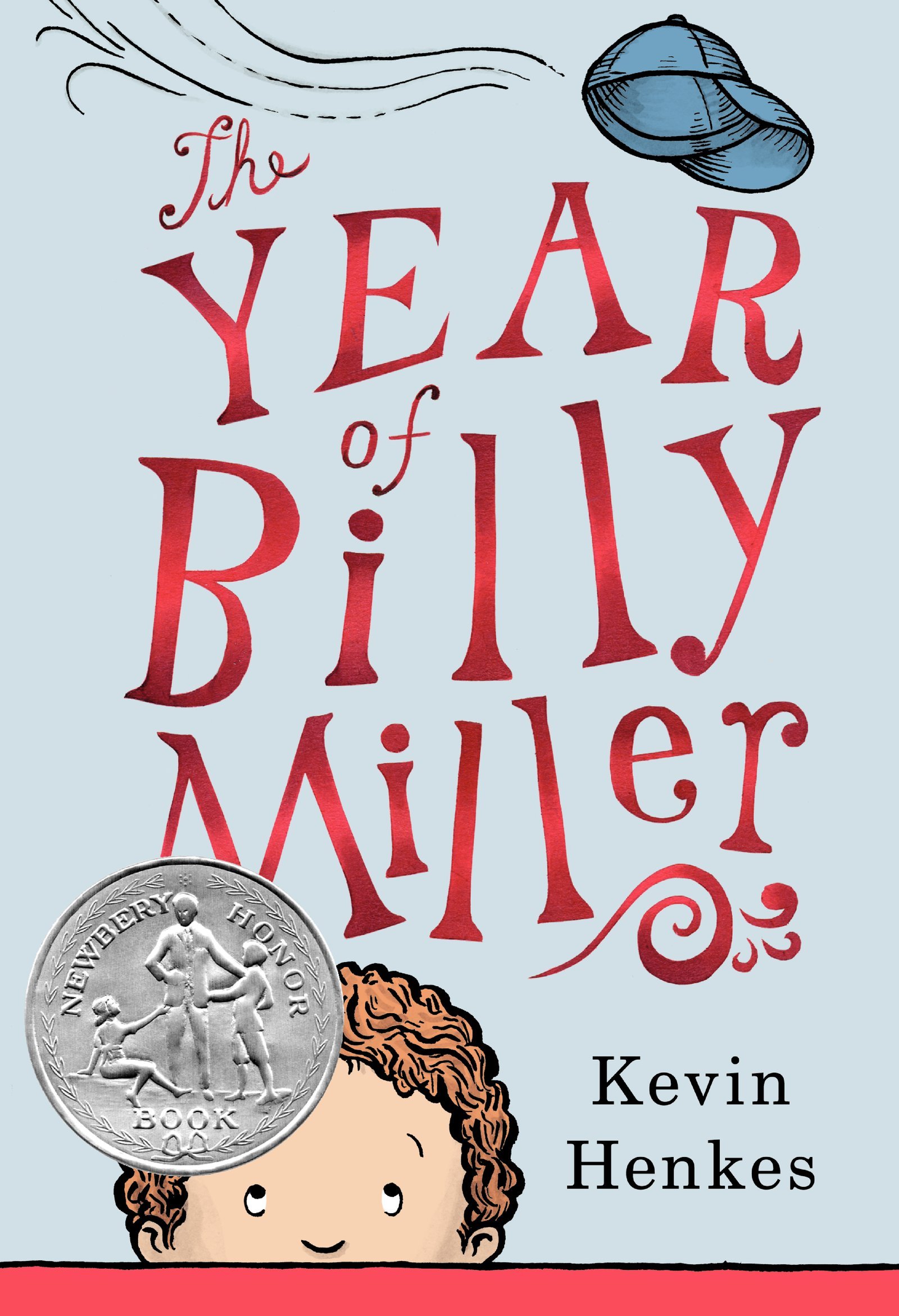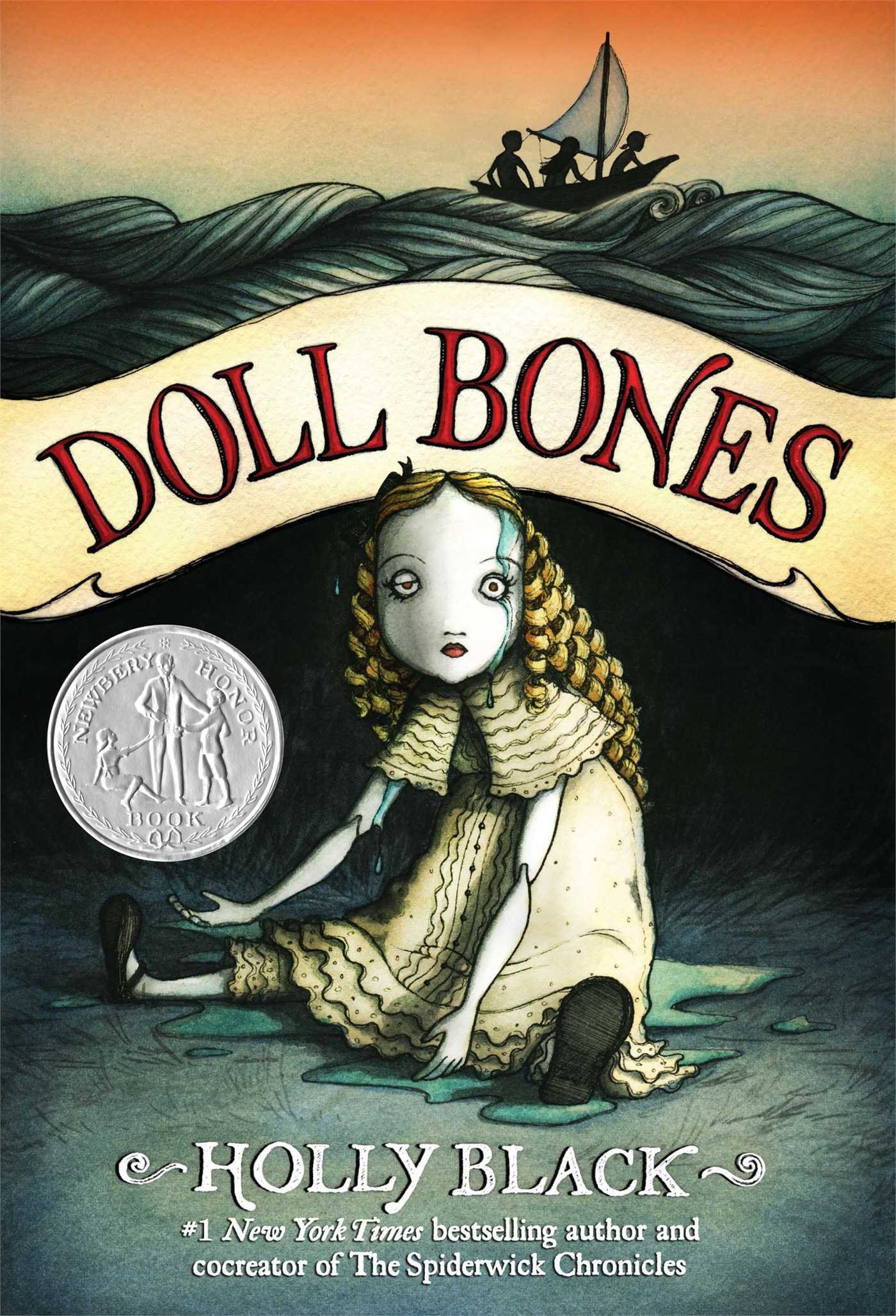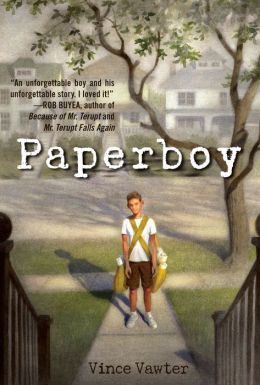The banquet started with a cocktail hour. Then around 6:30, people began gathering at the doors so everyone can have a mad dash inside and try to claim tables so you can all sit with all your friends. Seriously, it can be a little dangerous. You either need to step back and let the crazy people dash in, or be prepared to stick your elbows out.
The Caldecott this year is going to Locomotive, by Brian Floca, so the program had this very cool pop out of a train. Things started out by acknowledging the members of both the Newbery and the Caldecott committees. We were asked to hold our applause until all names had been said. Unlike a high school, where such an announcement would immediately have been followed by applause and hooting after every name, we were actually able to follow directions and applauded at the end. Nice job adults, nice job. We are an example to all.
The Caldecott Honor books were announced first. They went to:
Flora and the Flamingo, written and illustrated by Molly Idle, published by Chronicle Books
Journey, written and illustrated by Aaron Becker, published by Candlewick Press
Mr. Wuffles!, written and illustrated by David Wiesner, published by Clarion Books, an imprint of Houghton Mifflin Harcourt Books for Young Readers
Winner of the 2014 Randolph Caldecott Award was Brian Floca for Locomotive, which he wrote and illustrated, and was published by Rich Jackson Books/Atheneum Books for Young Readers, an imprint of Simon & Schuster Children's Publishing.
There was some discussion about whether or not Brian Floca is a silver fox. You be the judge.
Floca started out his speech noting that illustration and commercial art is shelved in the 700s, while public speaking is in the 800s. He did just fine though. Floca grew up in a town founded by a railroad company, and he had been thinking about a train book for many years before Locomotive came into being. However, the idea wasn't "under his skin" in the way he needed to really try making the book. It wasn't until he was on a train journey while abroad that it happened. The journey struck him, and the idea of travel and going to unknown places. In his previous books, Lightship and Moonshot, the characters always come back home. In Locomotive, the family leaves, and does not return to where they started. They are going to a new place.
Floca had no idea how much research it would take when he started to book. If he had, he might not have ever begun! The book takes place in 1869, and as Floca said, "they did a lot of things differently." Floca read books, looked a photographs, visited museums and conservations, drove across the West and rode on a train 150 years old.
The studio Floca used was shared with other artists, Sophie Blackall, Edward Hemingway, John Bemelmans Marciano, Sergio Ruzzier, and John Rocco. "Our friendships, shared experiences, and the inspiration I take from the extraordinary work being made around me are ballast through all
the ups and downs of this career." He also thanked Dick Jackson, who didn't share the studio but was his first audience.
Floca was unhappy with the book when he first saw it all laid out, and he thought he didn't have the time to fix it, believing they were about three months from being published. "Looking back on it all, I suppose I spent two years or more being a mere three months from finishing." He got permission to lengthen the book, again, and this helped the flow.
He ended by talking about that fabled early morning call, and his surprise, and a little guilt, about winning. He reflected on a blog post he'd sent his parent wondering if a nonfiction book could pull a Caldecott upset. His mother's reply was “What do they mean, Locomotive might pull a Snowflake Bentley?”
You can read the full text of the speech here.
This year there were four Newbery Honor books.
Doll Bones, by Holly Black, published by Margaret K. McElderry Book, an imprint of Simon & Schuster Children's Publishing
 One Came Home by Amy Timberlake, published by Alfred A. Knopf, an imprint of Random House Children's Books
One Came Home by Amy Timberlake, published by Alfred A. Knopf, an imprint of Random House Children's BooksPaperboy by Vince Vawter, published by Delacorte Press, an imprint of Random House Children's Books
 The Year of Billy Miller by Kevin Henkes, published by Greenwillow Books, an imprint of HarperCollins Publishers
The Year of Billy Miller by Kevin Henkes, published by Greenwillow Books, an imprint of HarperCollins PublishersThe winner of the 2014 John Newbery Award was Kate DiCamillo for Flora & Ulysses: The Illuminated Adventures, illustrated by K.G. Campbell and published by Candlewick Press.
Kate DiCamillo learned the word capacious from a short story by William Maxwell. She had been saving that word for eight years. She wasn't sure for what.
DiCamillo told us about a winters day in 2009 when she was walking with her mother, when her mother slipped and could not get up. This frightened DiCamillo, because she'd never heard her mother say she couldn't do something. A man carried her mother inside, and DiCamillo thought how her mother was "in the capacious hands of a stranger," just like in the Maxwell story. Her mother had broken her hip. She had surgery, but then suffered a heart attack and organ failure, and a week after falling, DiCamillo's mother died.
Flora & Ulysses was written for her mother. It belongs to her because of the vacuum cleaner. DiCamillo's mother had a tank Electrolux that she loved. LOVED. She was concerned what would happen to it after she died. Even after DiCamillo reassured her mother she would take it, she worried. So DiCamillo wrote a story where a "truly miraculous vacuum cleaner does a truly miraculous thing." She wrote the story so it would make her mother laugh. Her mother had a wonderful laugh and would throw her head back, the same was DiCamillo does now.
DiCamillo's mother introduced her to books, and therefore introduced her to joy. They would go to the public library together and her mother would read to her. It is in Flora & Ulysses that DiCamillo finally uses the word capacious. "I let Dr. Meescham be the one to tell Flora Buckman that her father, George Buckman, is “very capacious of heart.” “Do you know what this means?” Dr. Meescham asks Flora. Flora shakes her head. “It means,” says Dr. Meescham, “the heart of George Buckman is large. It is capable of containing much joy and much sorrow.”
Whatever the opposite of capacious is, DiCamillo would be it without books.
People were crying. It was a lovely speech. You can read the full text of it here.










No comments:
Post a Comment